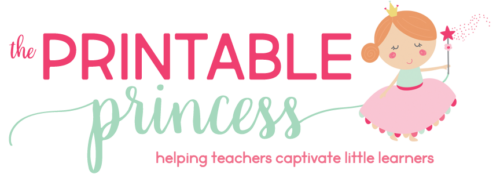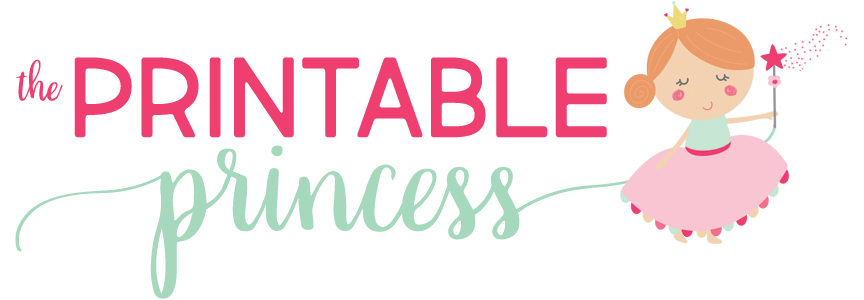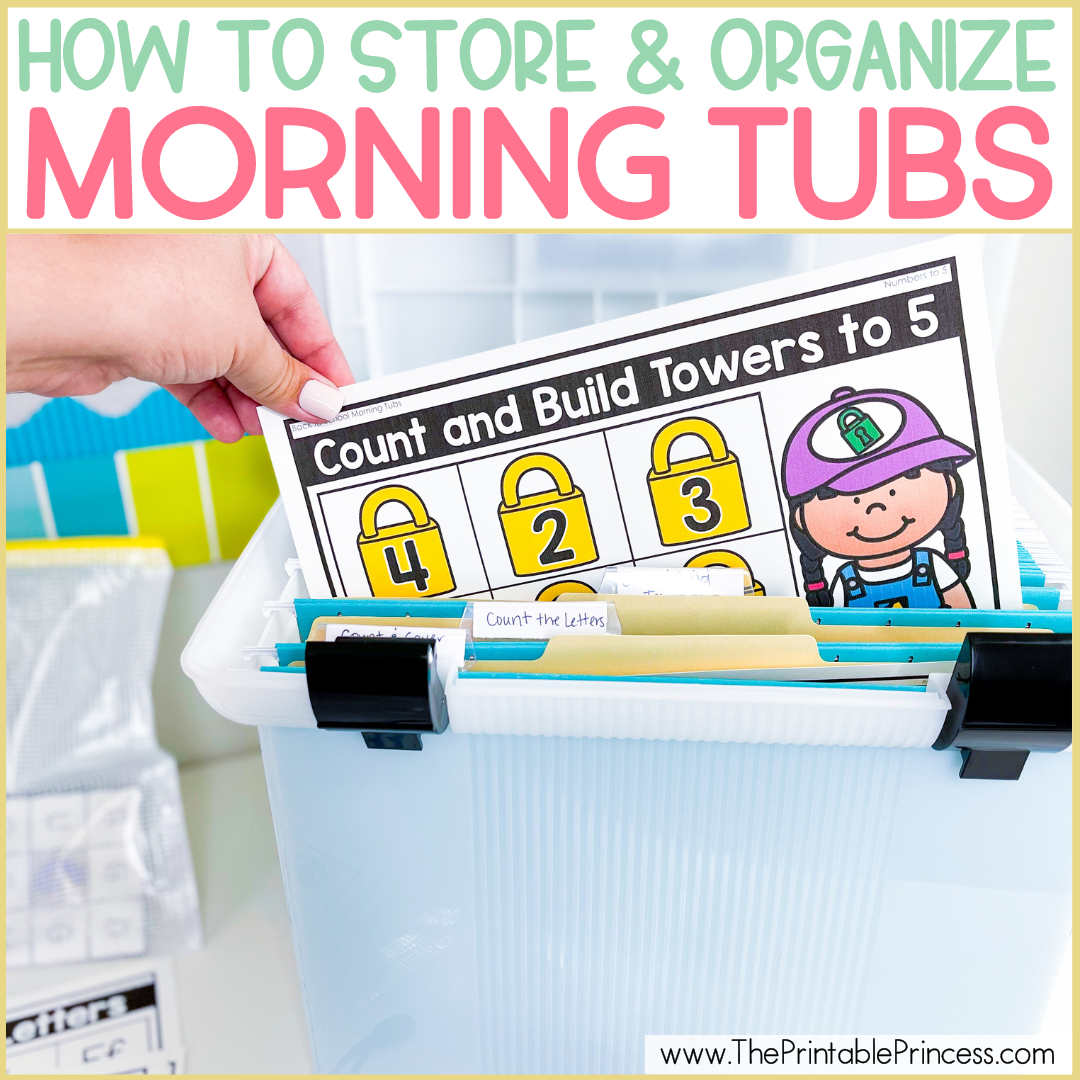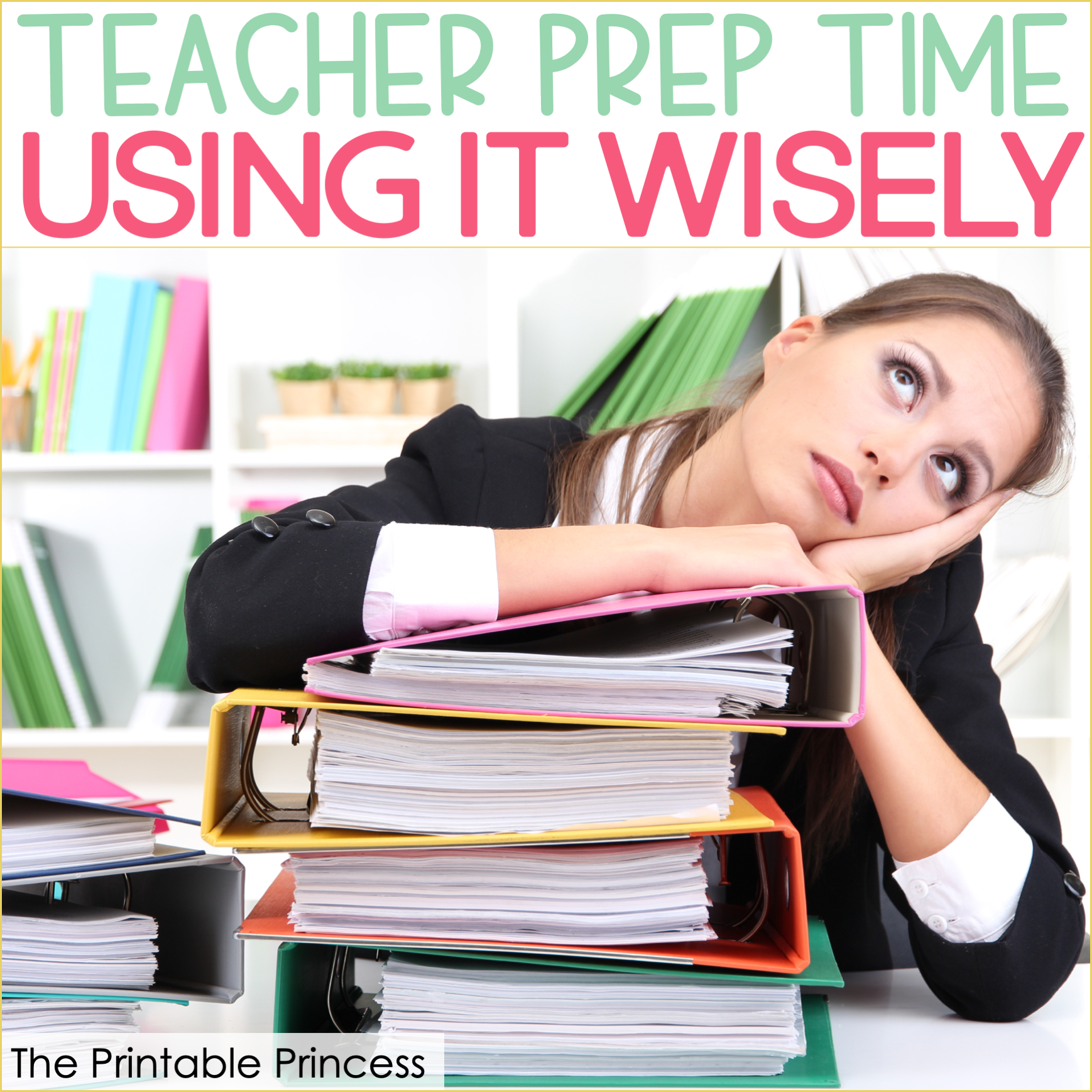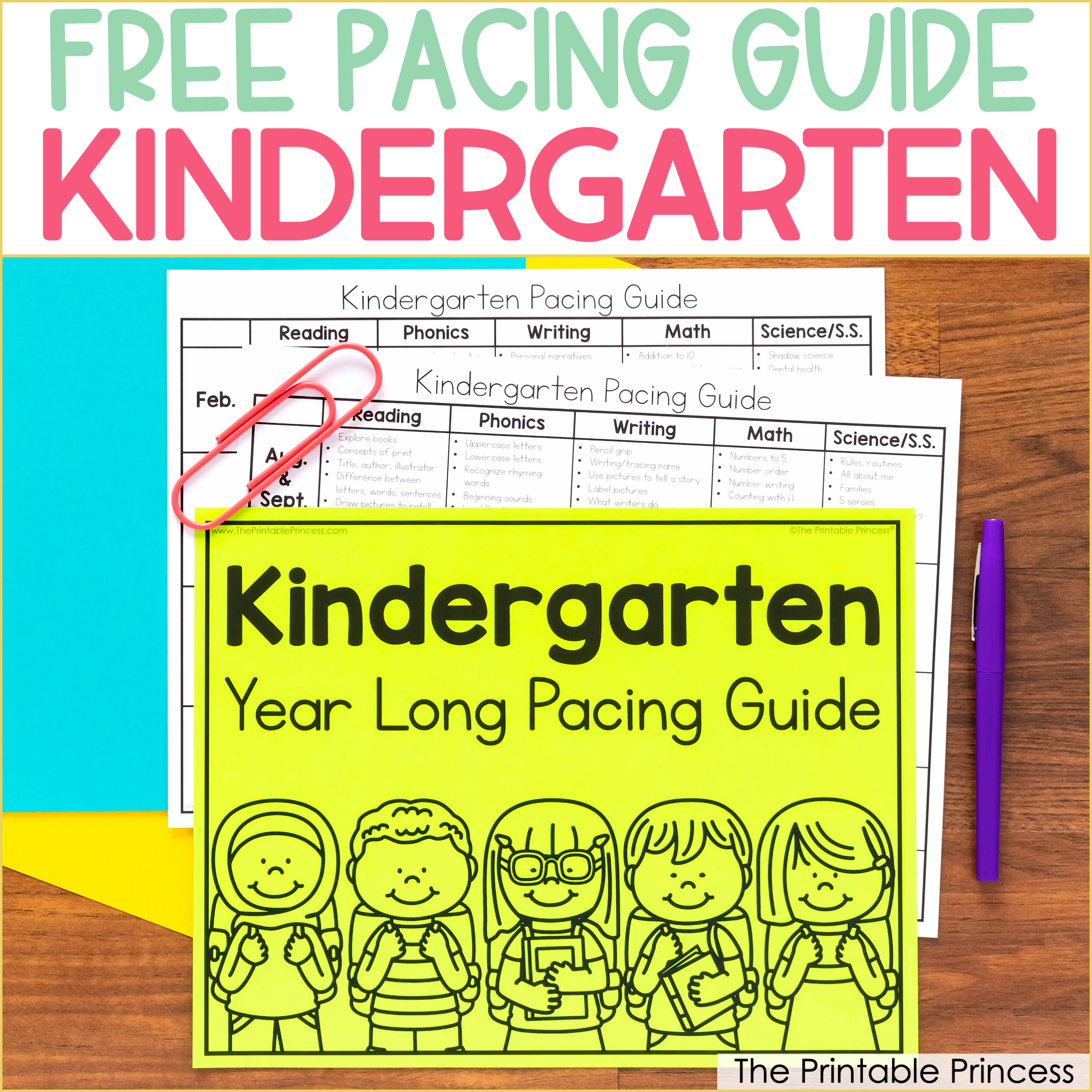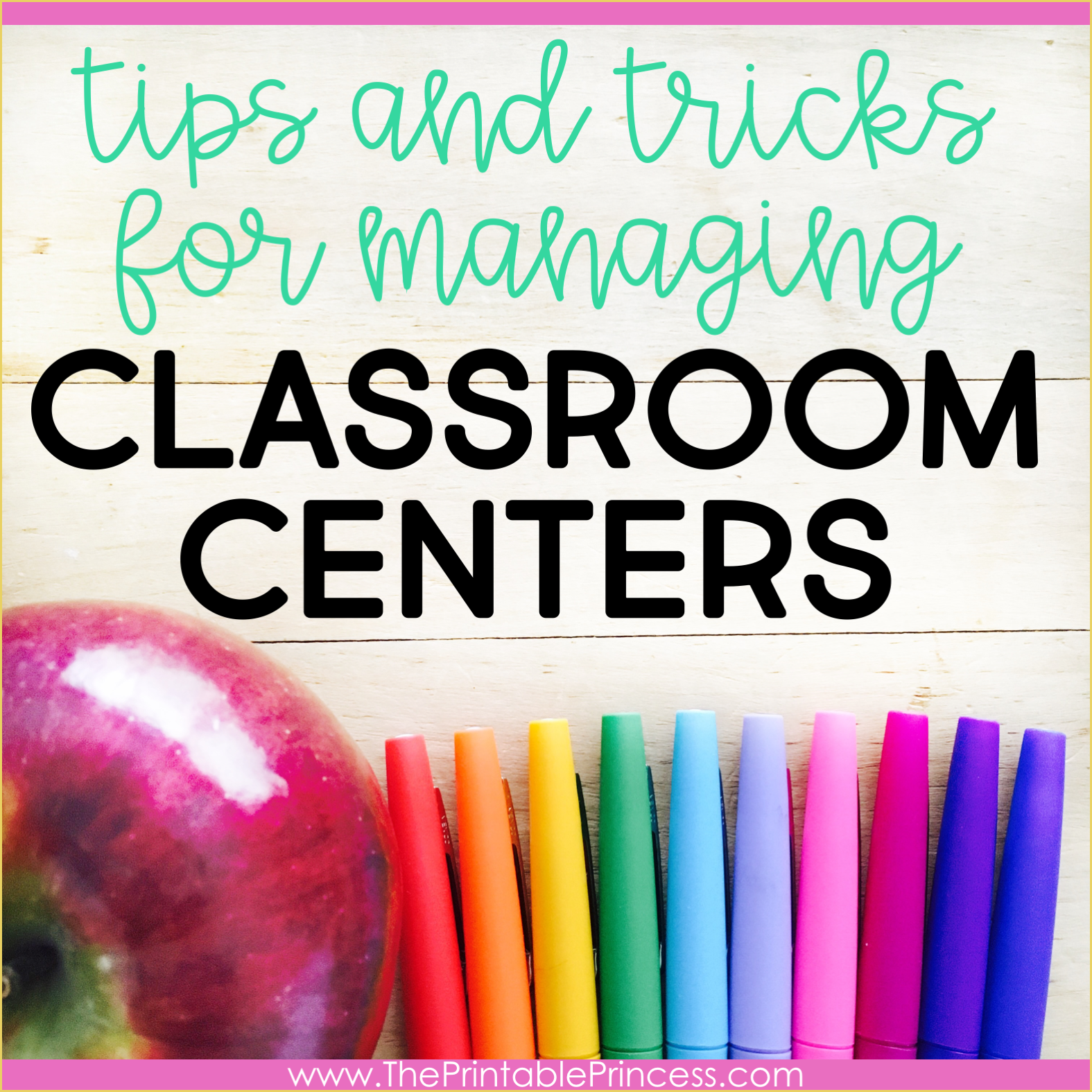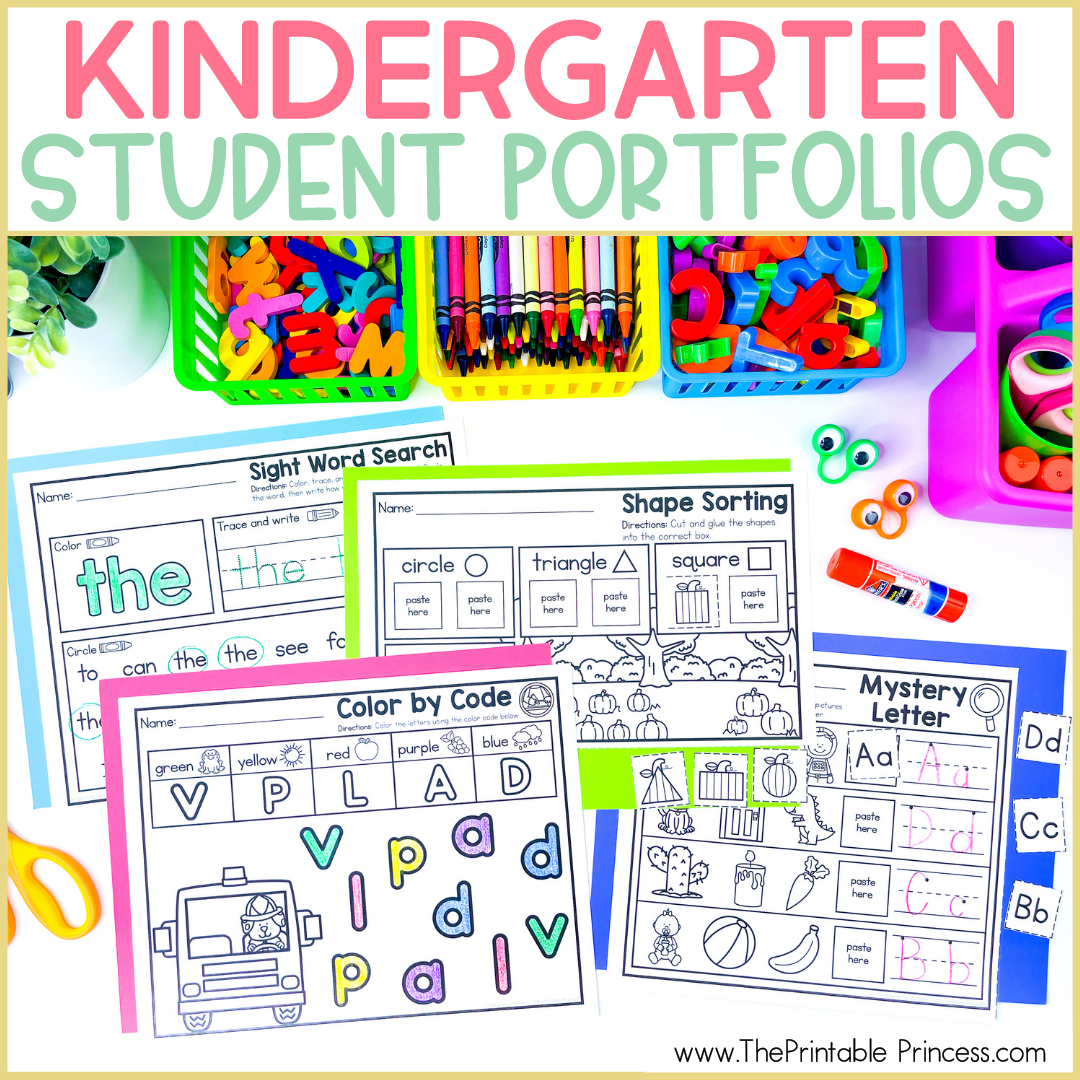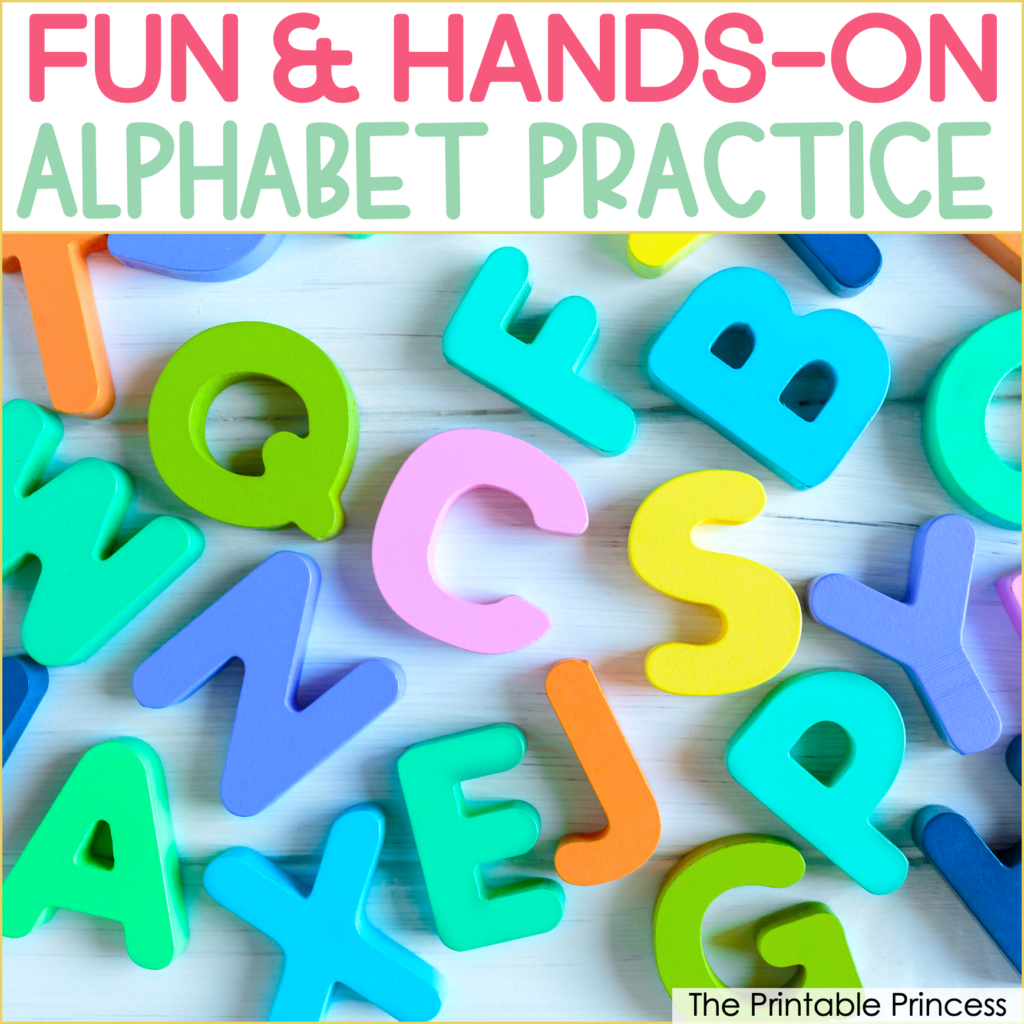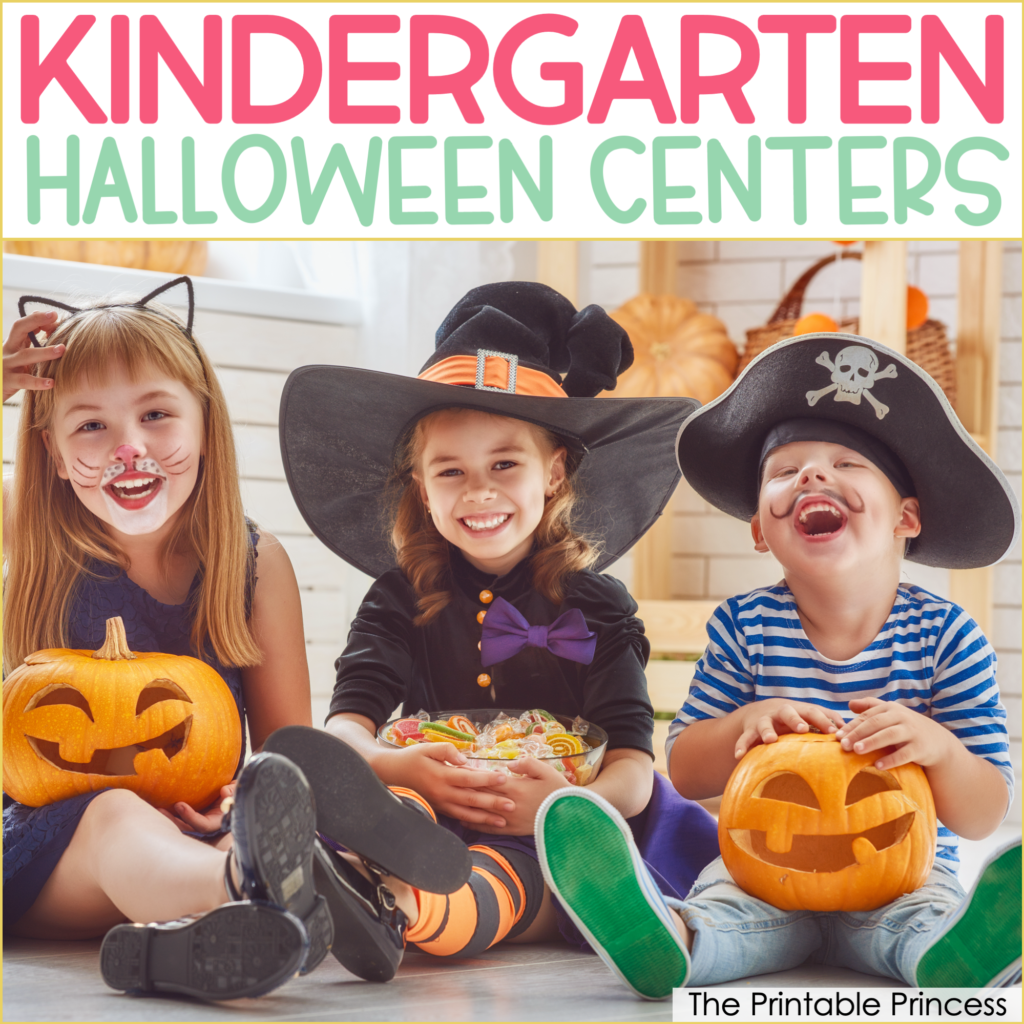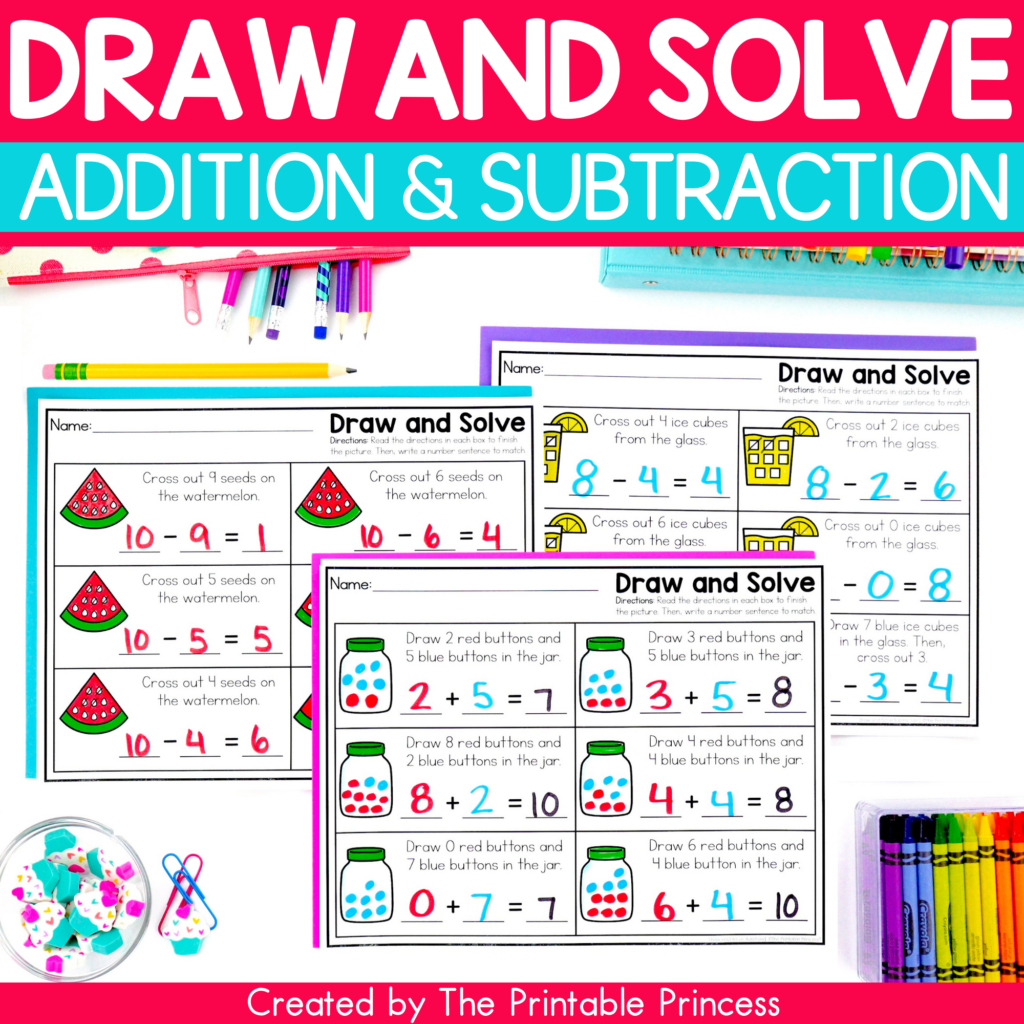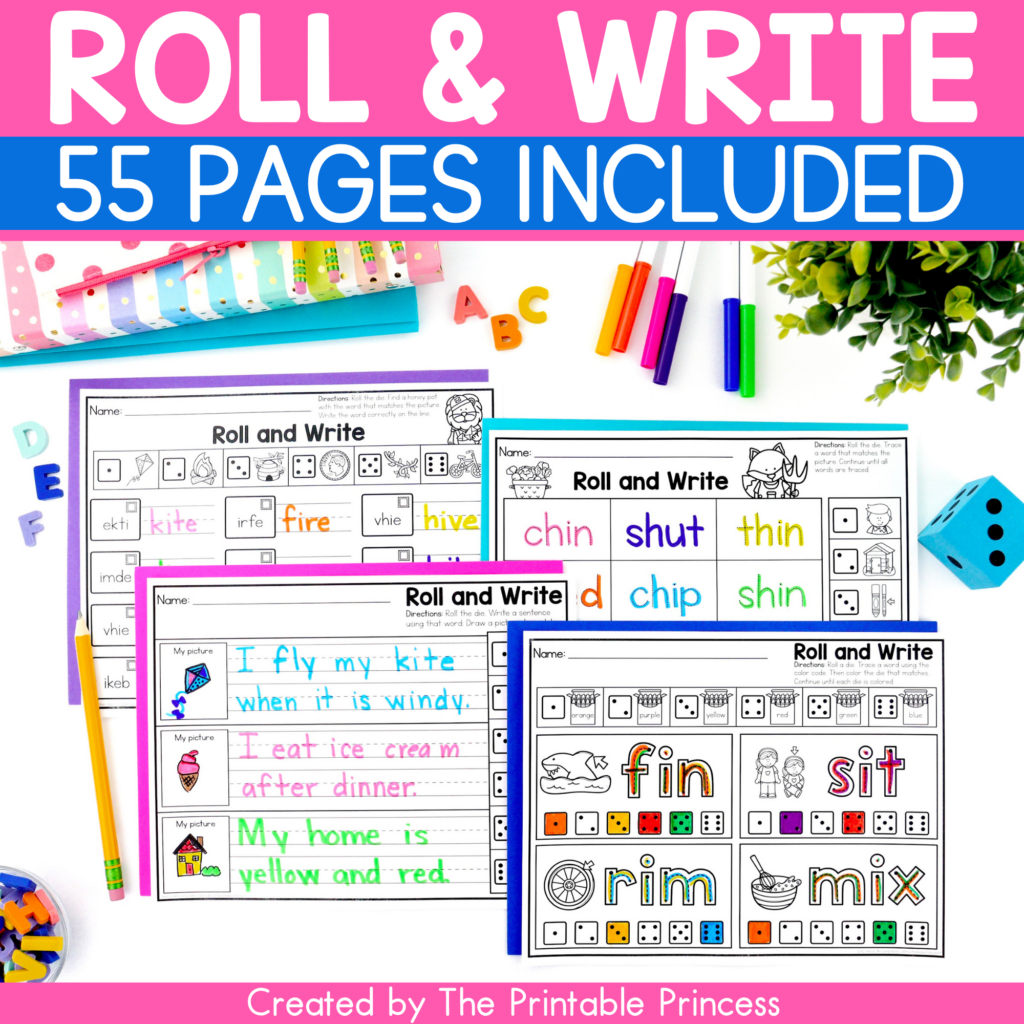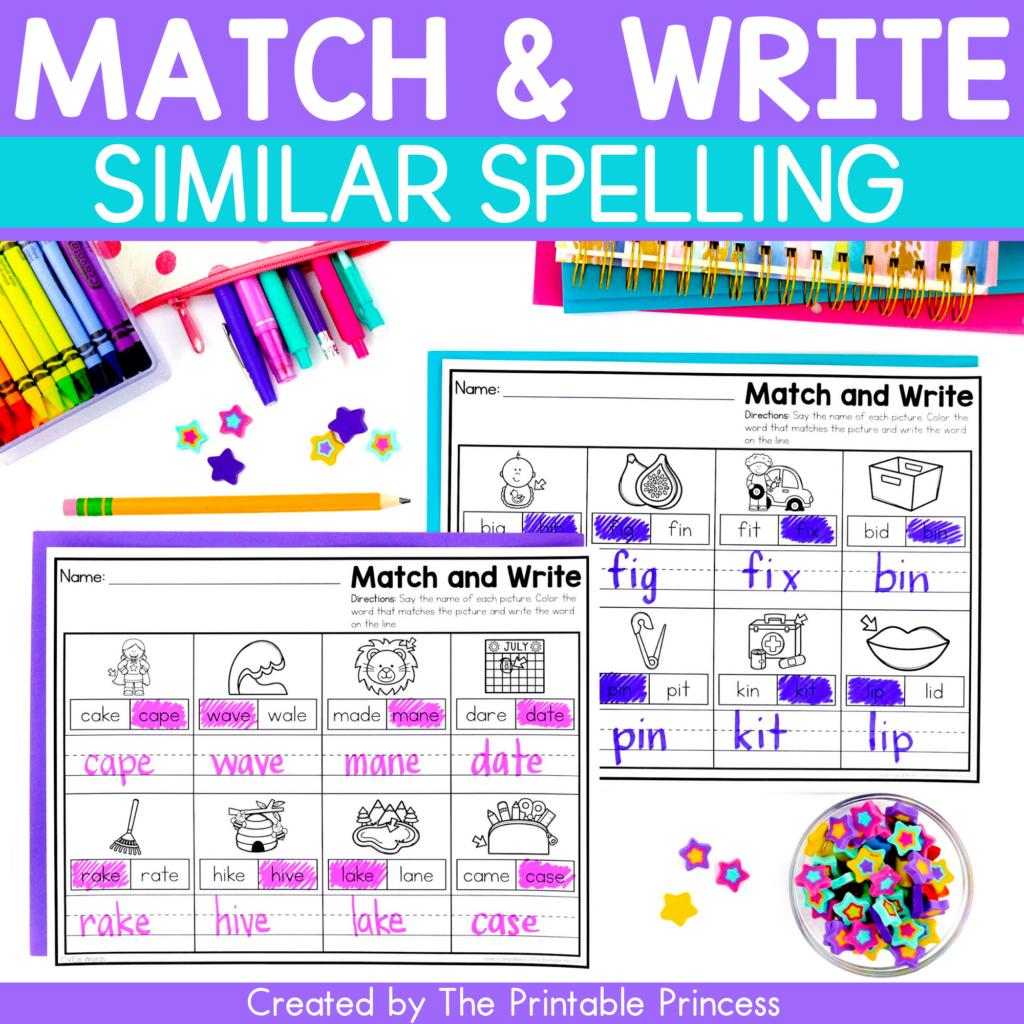Tips for Positive Communication With Parents
Relationships are everything when it comes to teaching. I'm sure you've heard that before, right? But your relationships with students aren't the only ones that are important. The relationships you build with the parents of your students are just as vital. These parent-teacher communication tips will help you work together as a team to serve your students.
When everyone is on the same page and working together, that's where the magic happens! Whether you are reading this at the beginning, middle, or towards the end of the school year, just know, it is NEVER too late to start working towards establishing these positive relationships.
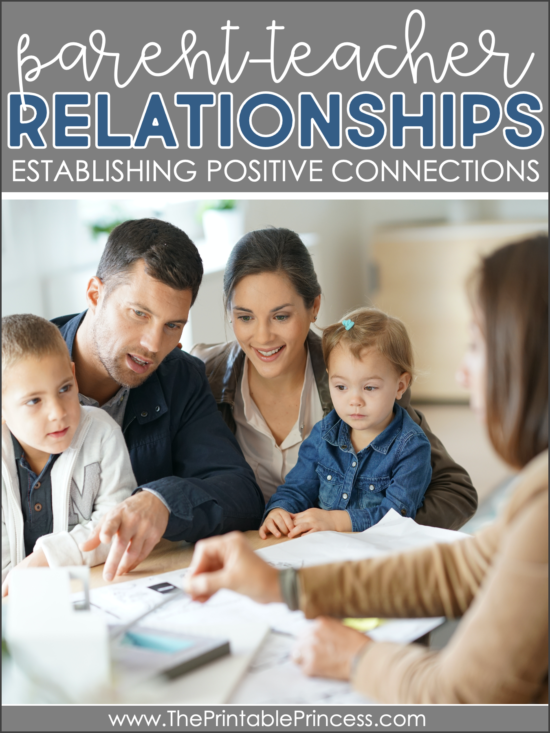
Tips for Establishing a Relationship
When it comes to positive communication with parents, just like (almost) everything else in life: it doesn't just happen overnight. It takes a little work up front to ensure that you are establishing a solid relationship built on trust and collaboration. Once you do that, the lines of communication are open, making positive communication much easier.
Setting communication up for success.
The first parent-teacher communication tip is to express to the parents that you are excited to be working with them and teaching their child. Letting them know right away that you want to approach this as the team you are will make them feel more comfortable communicating with you.
Remember, it can be intimidating for parents to talk with teachers, who are the “experts” when it comes to their child's education. This is especially challenging for parents sending their first child to school. Invite them to come to you with their ideas, questions, and concerns whenever they arise.
Determine methods of communication.
It is a good parent-teacher communication tip to ask parents how they prefer to communicate. Some parents like to email, send a text, or use the messaging feature of your virtual learning platform. Other parents prefer phone calls or talking in-person after school.
It is important to set expectations for them on how you will be communicating with the class as a whole. Ensure they are set up for your virtual learning platform so they have access to the messaging features. However, if you need to check in or ask a quick question, it is a good practice to know where they will most likely be reached.
Highlight the positives.
Make every effort to ensure that your first communication with parents is to deliver positive news. Reach out to parents when their child has achieved something they have been working towards or has done something positive. You can send home a special note from the teacher in their child's backpack or via the form of communication that works best for them. You can even call them with their child at school and let their child tell them what they have accomplished. The child will feel so special and it will make their parents' day!
Communicate regularly.
It is essential that communication with parents happens regularly. That doesn't mean you have to email or call home every day. Getting into a good routine with weekly communication will ensure those lines of communication are always open and parents are in the loop of what is happening in their child's education.
A key parent-teacher communication tip for communicating regularly is to send a weekly newsletter or check-in message. This can outline the skills and objectives the students are covering that week. You can give parents ideas of what to work on with their child, go over any important events or dates to be aware of, and also leave a positive note focusing on something great their child did that week.
Choice boards for at home learning.
This Kindergarten Homework Yearlong Bundle is the perfect way to do just that! These choice boards are full of meaningful, DIY activities that parents and students can do together to encourage learning at home. These activities also encourage them to spend quality time together at home. Skills progress throughout the year and the directions are written in a parent-friendly format.
There is an editable box at the bottom of each page that you can type in the week's sight words, key skills for the week, or notes to parents. There are 40 weeks worth of engaging activities along with 12 themed monthly reading logs. These choice boards work great for in-person or virtual learning.
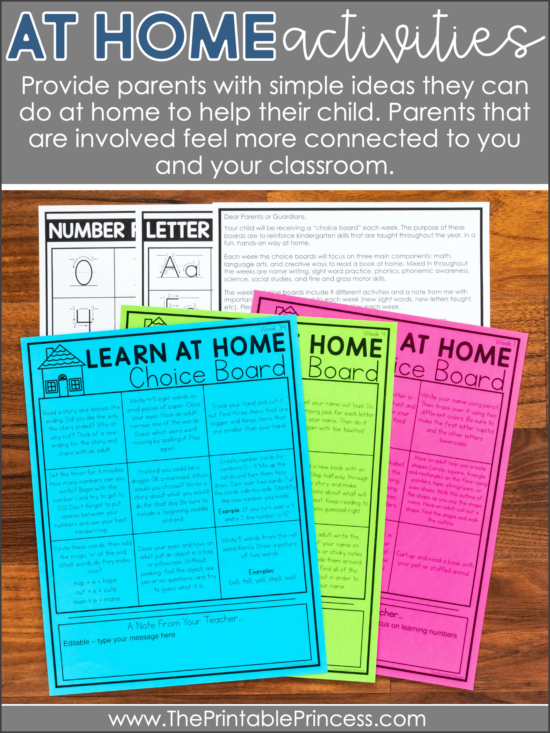
Tips for Working Together
Now that open lines of communication are set, you are ready to work together with parents as a team. This will help you deliver the best possible education and opportunities to the students. With your support at school and their support at home, great things will happen!
Invite parents to be involved.
Inviting parents to play a role and be involved in their child's learning is an essential part of establishing these positive relationships. One of the best ways to do this is to get parents involved with the class and their child's education. As always, check with your district and school's policy on visitors and volunteers. A few ways to get parents involved is by using parent volunteers, having parents come in as guests, and asking for parent feedback.
Utilize parent volunteers.
Parents can be involved by volunteering in your classroom if allowed. They can help with things such as going over homework folders, helping with an art project, or reviewing sight words with students. They can also help outside of the classroom by making copies, cutting lamination, or prepping centers. For more ideas on working with parent volunteers, check out this blog post.
Guest appearances.
It is also fun to involve parents in special ways, too. Parents can be guest readers or surprise readers! Seeing a student's eyes light up when their parent walks through the door to read is the best! You can even invite parents to come talk to the class about their job or share about something special like a hobby or a trip they've taken. This opens the eyes of all students to the world and opportunities around them.
Ask for feedback.
Another important parent-teacher communication tip is to allow parents to share their feedback and suggestions. Parents know their children better than anyone. They know their personality, strengths, weaknesses, and likes/dislikes. You can ask parents for feedback on these characteristics. This will help you structure your lessons, the types of activities you use, and how you address the child. This gives parents the opportunity to share their expertise.
Benefits of involving parents.
When you involve parents in the learning, this makes it even easier to work together if there is an academic or behavior concern. When parents are in-the-know and have an idea of how your classroom is ran and what your expectations are, they are more likely to be on board with your suggestions and have ideas and suggestions of their own. If you've already made positive contact and established that relationship, they are more likely to be supportive and valuable team players.
Tips for Communication
No matter what time of year it is or in what scenario you are communicating with parents, whether it be at the beginning of the year, after school, or during parent teacher conferences, there are a few ideas to keep in mind when it comes to communicating effectively. This will help both you and the parents feel comfortable and make the most of your conversations.
Be patient and open-minded.
Parents may be nervous to communicate with you, especially if this is their first child in school. Be patient and open-minded with the parents when they have questions. Seek to listen first. Make time for them and their questions, even if the answer or solution seems clear to you. The fact that they are asking is a huge step in the right direction and shows they are invested in their child's learning.
Be relatable.
This parent-teacher communication tip is huge! Be relatable to the parents. Explain yourself and answer their questions in terms that they will understand and connect on a personal level. Leave the high-level educational or medical terms for your coworker conversations. Imagine yourself as the parent in their position and how you would want to be approached. Let them know that you understand their concerns and value their opinions!
Use the glow and grow strategy.
This strategy is important, especially during parent-teacher conferences or special meetings. When discussing students' progress and giving feedback, always start by highlighting the positives. These are the things that students are “glowing” in. Then, address the feedback and concerns. These are the things that students are “growing” in. Follow it up with another positive, making a glow, grow, glow sandwich! This ensures that the conversation begins and ends on a positive note.
It is a good practice to update parents often on their students' progress, especially after talking about ways in which students can improve. This can be done formally via a meeting or phone call, or informally by sending a quick message to tell them the positive growth you are seeing.
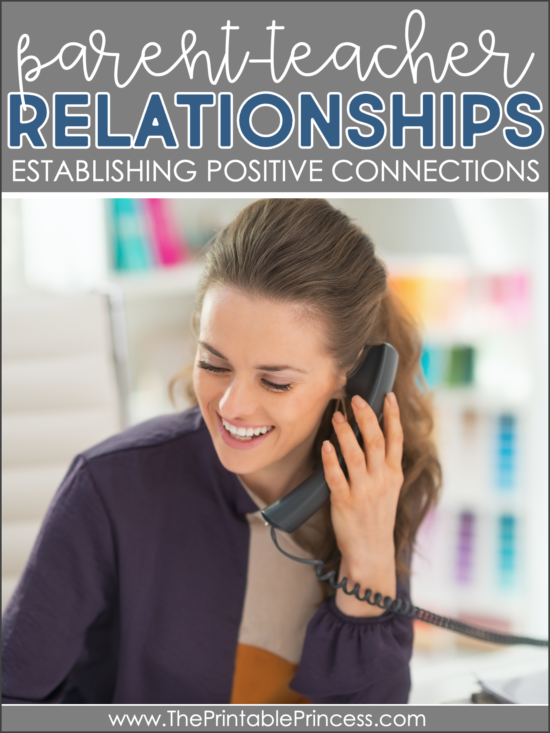
Taking the time, no matter what time of the year, to establish positive communication, work together with parents, and communicate in a positive manner will ensure a solid parent-teacher relationship. Everyone will benefit from this relationship, but most importantly, the best interest of the student will always be in mind.
Do you have a great parent-teacher communication tip you'd like to share? I'd love to hear it!

